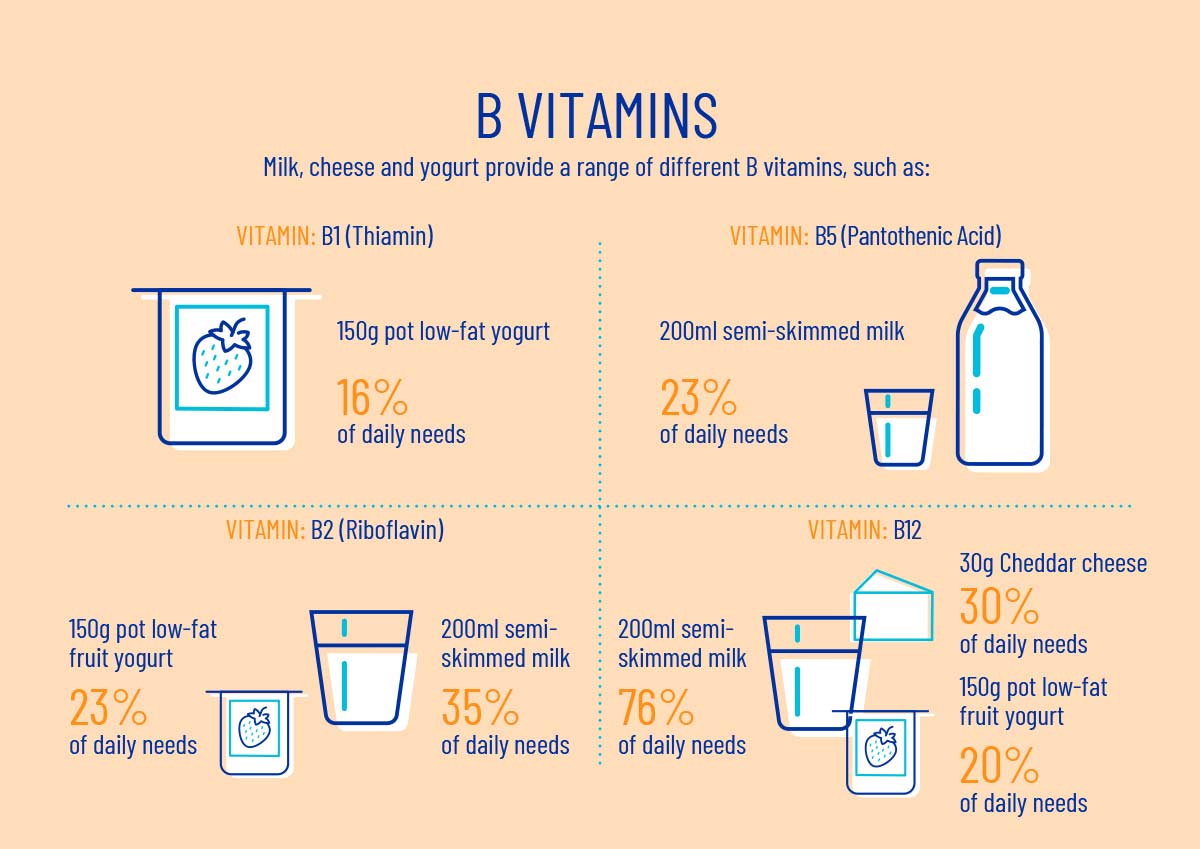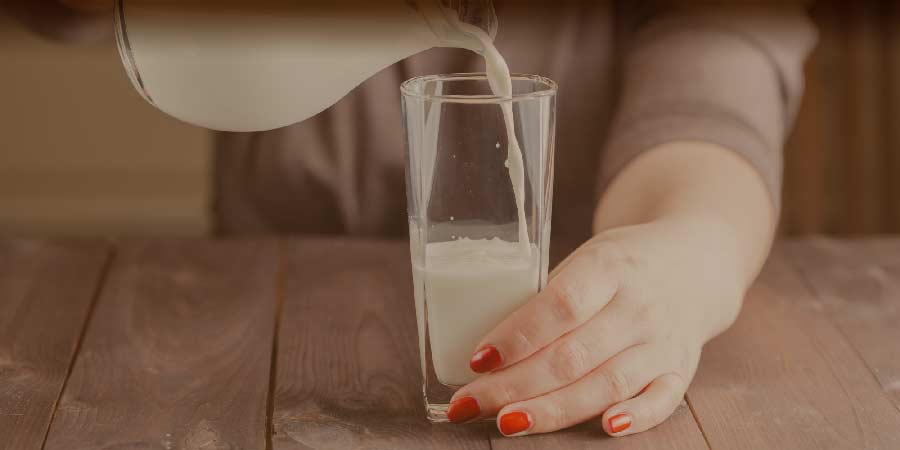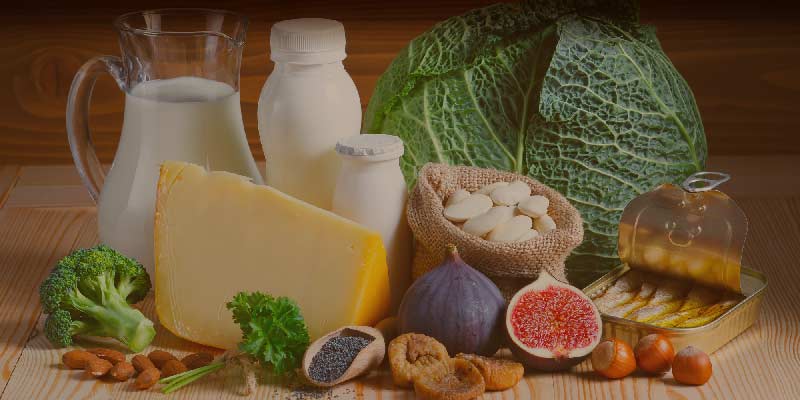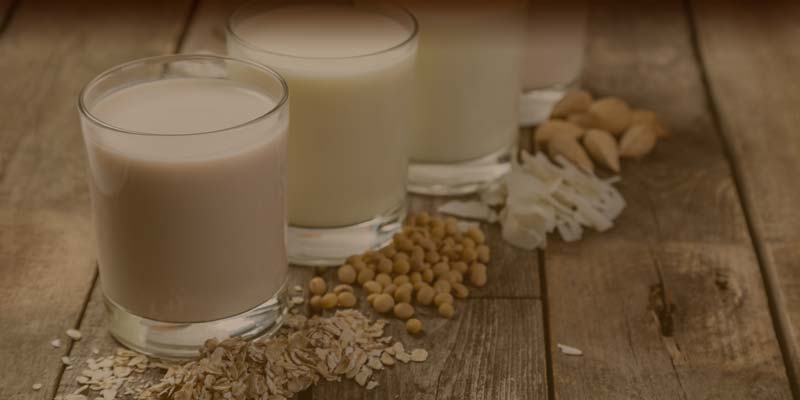They tend to pop into our thoughts when we’re feeling run down or are worried we might not be eating a balanced diet. But we need daily doses of vitamins from our food to stay well. Enjoying milk and dairy products each day means we can enjoy a boost of several vitamins. Dairy products like milk, cheese and yogurt include a variety of B vitamins, which help make us feel less tired – great news if we want to be more active and have more energy. Many varieties of cheese also contain vitamin A, which helps keep our immune system functioning normally. The array of vitamins in dairy is just one of the benefits of milk. Find out more about the vitamins in dairy.
VITAL VITAMINS
VITAMIN A – THE IMMUNE-FRIENDLY NUTRIENT
Looking after our immune system has never been more important to help protect us from, and fight off, unwanted bacteria and viruses that can cause colds, coughs and infections. Many nutrients help to keep our immune system functioning normally – and one of these is vitamin A. However, around one in 10 adults and 18% of 11 to 18 year olds have very low intakes of vitamin A, and so are at risk of a deficiency5. Hard cheeses like cheddar, are a natural source of vitamin A and so can help add to our intake of this immune-friendly nutrient.
- 30g Cheddar cheese = 19% of daily needs
B VITAMINS – THE ENERGISING NUTRIENTS

Today’s hectic lifestyles can leave many of us feeling exhausted and fed up. Fortunately, several B vitamins help to reduce tiredness and fatigue, and affect our psychological function – in other words, our emotions, behaviour, ability to be social and our overall mental health. Milk, cheese and yogurt provide a range of different B vitamins, such as B1 (thiamin), B2 (riboflavin), B5 (pantothenic acid) and B12 (cobalamin). Enjoying a variety of different dairy products will provide you with:
Vitamin B1 (thiamin)
- 150g pot low-fat fruit yogurt = 16% of daily needs
Vitamin B2 (riboflavin)
- 200ml semi-skimmed milk = 35% of daily needs
- 150g pot low-fat fruit yogurt = 23% of daily needs
Vitamin B5 (pantothenic acid)
- 200ml semi-skimmed milk = 23% of daily needs
Vitamin B12
- 200ml semi-skimmed milk = 76% of daily needs
- 30g Cheddar cheese = 28% of daily needs
- 150g pot low-fat fruit yogurt = 20% of daily needs
Did you know?
Vitamin B12 is only found naturally in animal source foods, so certain vegetarian and vegan diets need to be properly planned to ensure they contain sufficient amounts of this nutrient. Including milk, cheese and yogurt in vegetarian diets is a great way to help meet needs for this vitamin.
Last reviewed: 03/2021
Next review due: 03/2023











